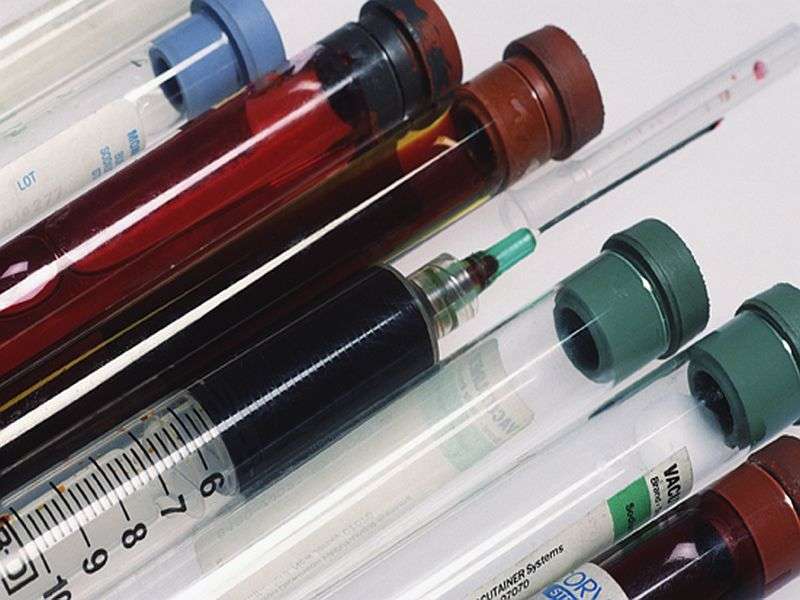(HealthDay)—Apolipoprotein (apo) CIII and apoCIII-to-apoA1 ratio are correlated with incident type 2 diabetes (T2D), according to a study published online Dec. 28 in Diabetes Care.
Adela Brahimaj, M.D., from the Erasmus University Medical Center in Rotterdam, Netherlands, and colleagues used data from 971 individuals from the prospective population-based Rotterdam Study to examine the role of apolipoproteins on the risk for T2D. They examined the correlation of high-density lipoprotein cholesterol (HDL-C), apoA1, apoCIII, apoD, and apoE and the ratios of apolipoproteins with apoA1 with T2D risk.
The researchers found that during a median follow-up of 13.5 years, 110 individuals developed diabetes. HDL-C, apoCIII, apoE, apoCIII-to-apoA1 ratio, apoE-to-apoA1 ratio, and apolipoproteinic score remained significant after adjustment for age, sex, body mass index, parental history of diabetes, hypertension, alcohol use, smoking, prevalent cardiovascular disease, and serum lipid-reducing agents (per one standard deviation naturally log-transformed hazard ratios, 0.74, 1.65, 1.36, 1.72, 1.28, and 1.6, respectively). After adjustment for triglycerides in the last model, only apoCIII and apoCIII-to-apoA1 ratio remained significant (hazard ratios, 1.42 and 1.56, respectively).
"Serum apoCIII levels as well as apoCIII-to-apoA1 ratio are associated with incident T2D," the authors write. "They are associated independent of known risk factors and stronger than HDL-C levels."
One author disclosed financial ties to the nutrition and lifestyle industries.
More information: Full Text (subscription or payment may be required)
Journal information: Diabetes Care
Copyright © 2017 HealthDay. All rights reserved.
























